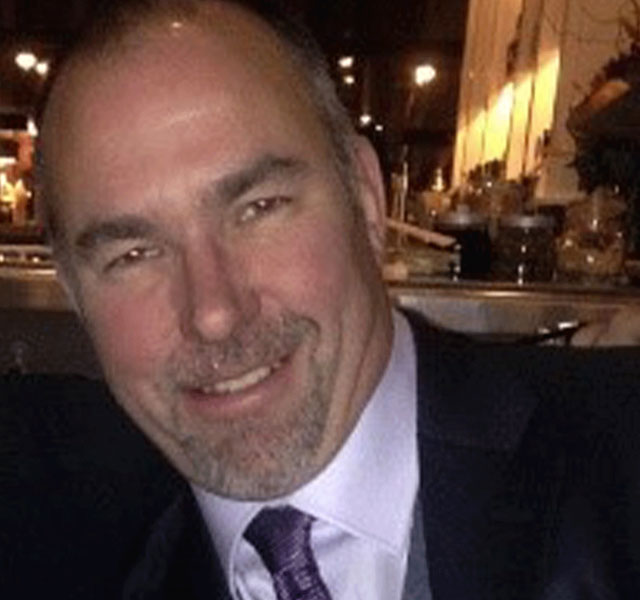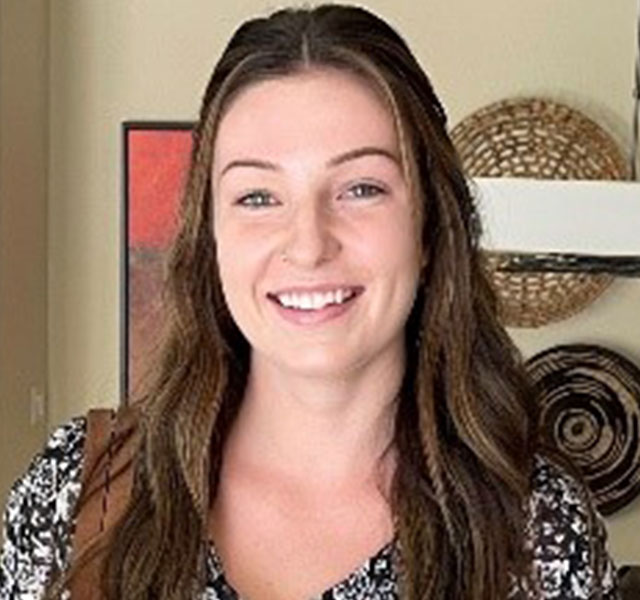
About Us
About Resiliency
Board of Directors
The Resiliency Project Foundation is a 501(c)(3) Non Profit Organization. Your support
and contributions will help us make a difference and change lives.

Paul Heine
Chair & Executive Director
Husband, Dad, Son, Mental Health Advocate

Lisa Wipperman Heine
Board Member
Wife, Mom, Daughter, Mental Health Advocate

Annika Heine
Board Member
Daughter, Friend, Mental Health Advocate

Kathy Satre Wagnild
Board Member
Wife, Mom, Educator, Mental Health Advocate


Our Story
Our co-founders, Paul and Lisa Heine share why The Resiliency Project Foundation (TRPF) was founded to support mental health initiatives focused on teens and young adults.
We started The Resiliency Project Foundation after our own experience of having a young adult teen struggle with mental health. As parents, we have seen first hand the challenges of trying to find the right mental healthcare tailored to support a young adult in crisis. It was an utterly helpless and hopeless feeling to see your child suffering and in so much pain.
It felt like the mental healthcare system had a one size fits all approach and was, and still is, chronically overwhelmed. Medication was the first line treatment offered and was paid for by insurance.
Only 10 minutes into the first evaluation visit to a healthcare provider, our teen was given what seems like a “cookie cutter” diagnosis and told medication was the primary treatment option. More than once, we were told that a lifetime of multiple medications for our loved one would be required. Not only did our child’s condition not improve at all, it actually got progressively worse, which was followed by a different diagnosis and overdiagnosis at every turn along with new medications on top of other medications.
It was overwhelming. The many medications, side effects and limitations for other care options soon saw our child spiral into a suicide attempt.
While agonizing at the time for us as parents, we are fortunate that we were able to get emergency medical intervention in time to save our child’s life. After the suicide attempt, we worked together to research and advocate for other innovative treatment options, many of which had limited or no insurance coverage, but provided our teen with a successful, resilient path forward that continues to this day, years later. We have lived through it and wanted to do something to help others in need who may not have access or may not be able to afford the right care that is focused on teens and young adults with a critical unmet need. And the need only continues to grow.


Our Story
Our co-founders, Paul and Lisa Heine share why The Resiliency Project Foundation (TRPF) was founded to support mental health initiatives focused on teens and young adults.
We started The Resiliency Project Foundation after our own experience of having a young adult teen struggle with mental health. As parents, we have seen first hand the challenges of trying to find the right mental healthcare tailored to support a young adult in crisis. It was an utterly helpless and hopeless feeling to see your child suffering and in so much pain.
It felt like the mental healthcare system had a one size fits all approach and was, and still is, chronically overwhelmed. Medication was the first line treatment offered and was paid for by insurance.
Only 10 minutes into the first evaluation visit to a healthcare provider, our teen was given what seems like a “cookie cutter” diagnosis and told medication was the primary treatment option. More than once, we were told that a lifetime of multiple medications for our loved one would be required. Not only did our child’s condition not improve at all, it actually got progressively worse, which was followed by a different diagnosis and overdiagnosis at every turn along with new medications on top of other medications.
It was overwhelming. The many medications, side effects and limitations for other care options soon saw our child in a downward spiral.
While agonizing at the time for us as parents, we are fortunate that we were able to get emergency medical intervention. After the emergent period, we worked together to research and advocate for other innovative treatment options, many of which had limited or no insurance coverage, but provided our teen with a successful, resilient path forward that continues to this day, years later. We have lived through it and wanted to do something to help others in need who may not have access or may not be able to afford the right care that is focused on teens and young adults with a critical unmet need. And the need only continues to grow.
